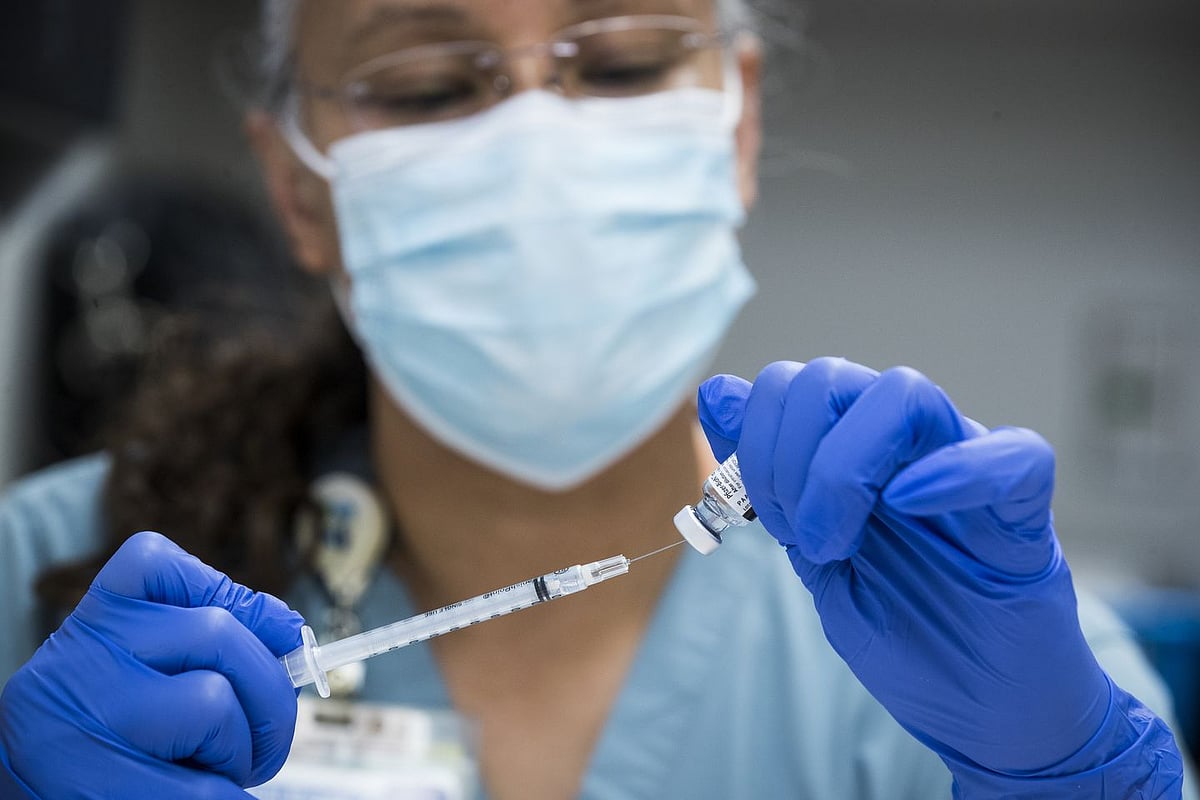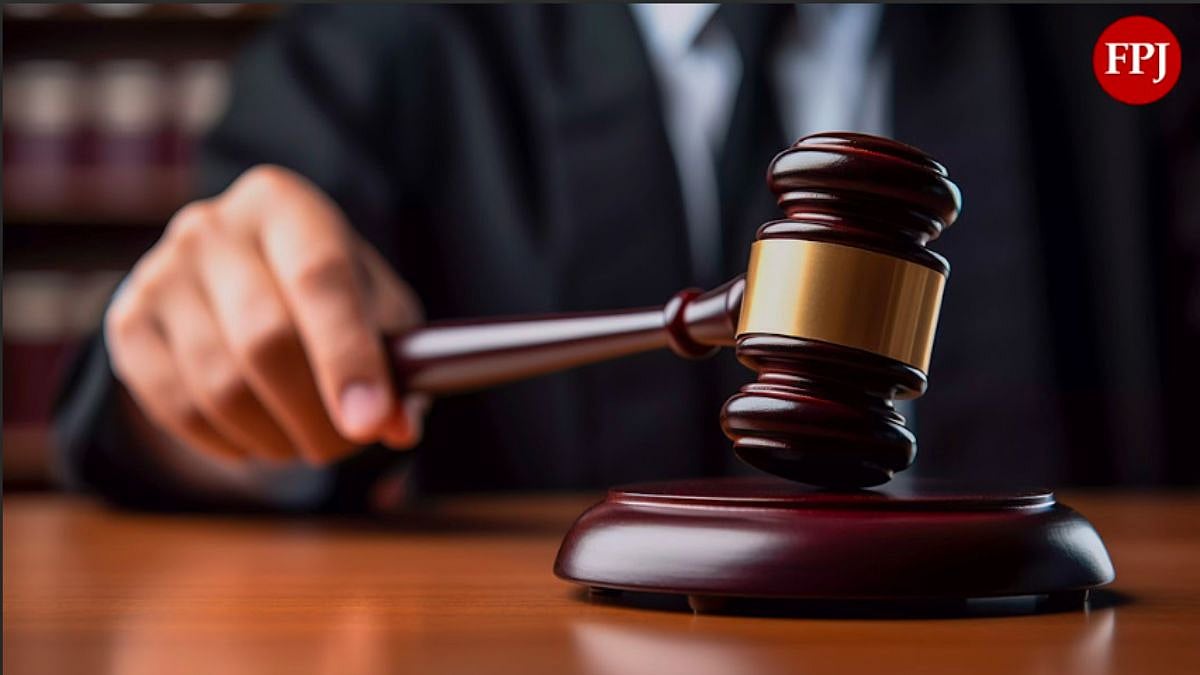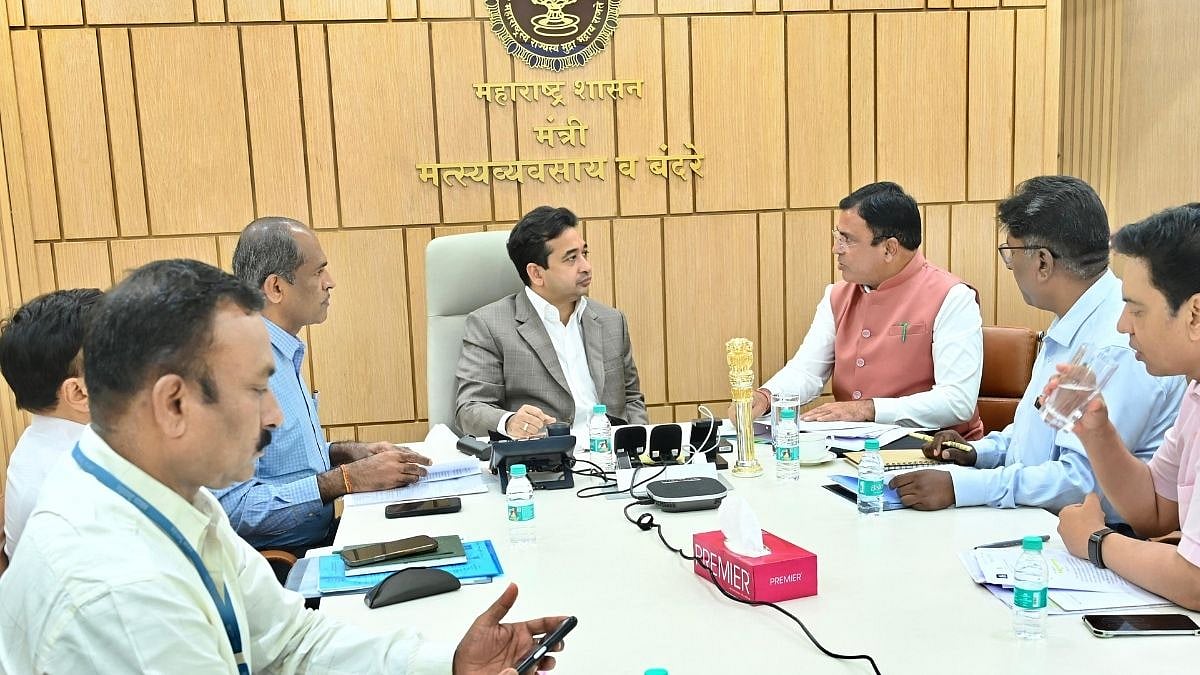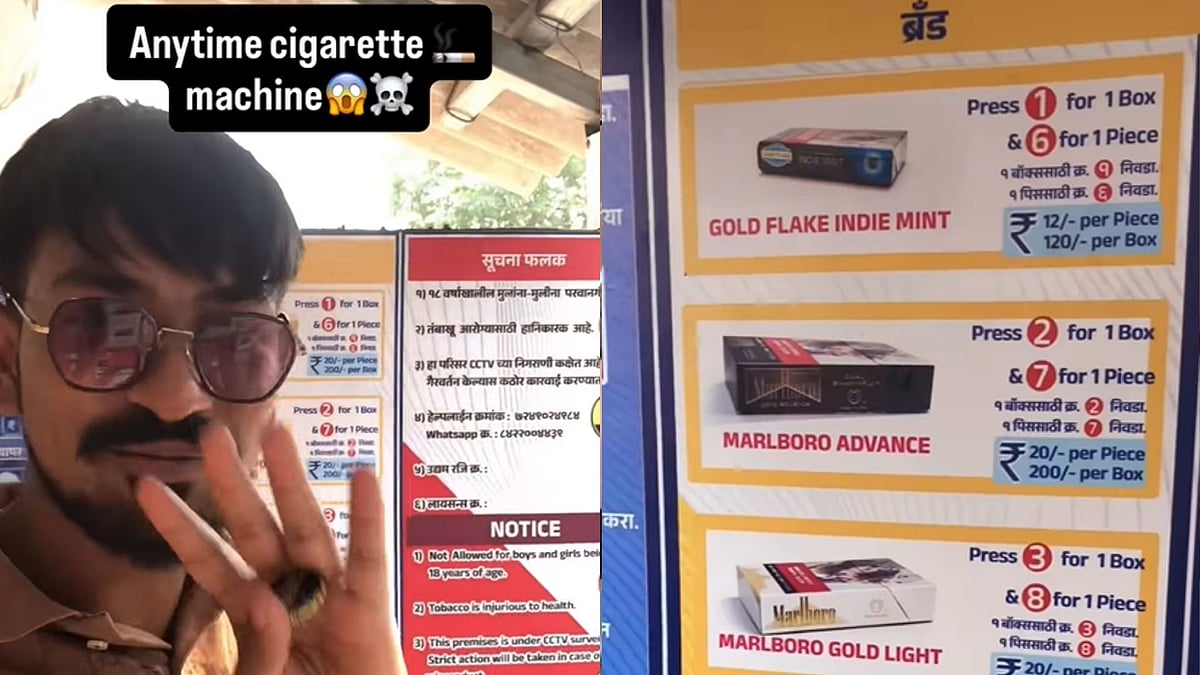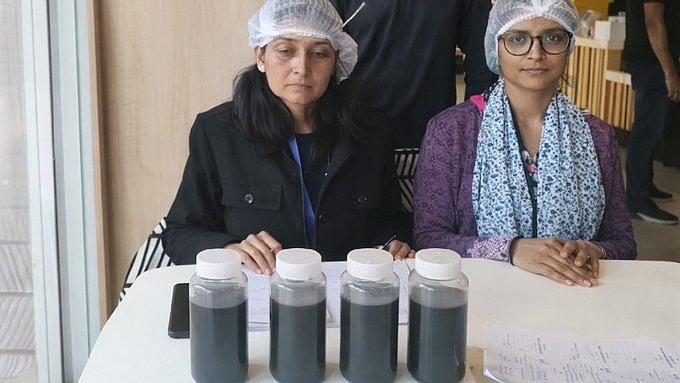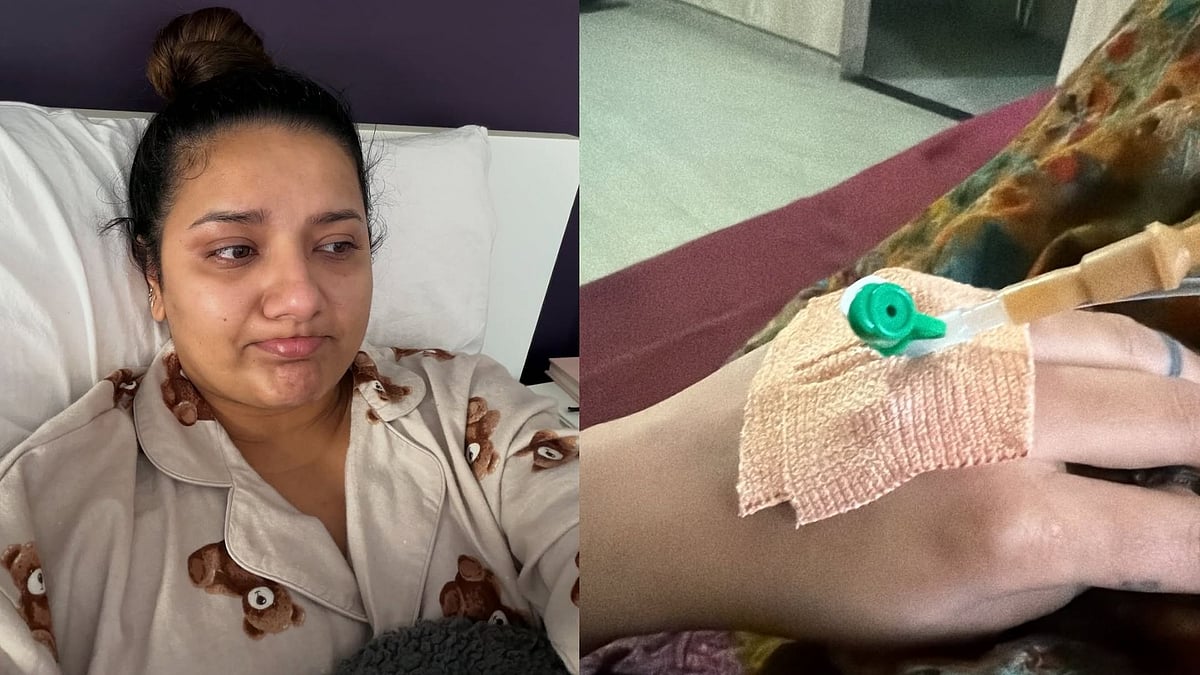Monoclonal antibody therapy, also known as cocktail therapy, has emerged as one of the effective and reliable treatment options against COVID-19. The therapy that aims to reduce viral loads and lessen symptom severity, according to health experts, can also help cut down the hospitalisation risk by 70 per cent. Although the therapy can be extremely effective, but as per global health experts, it is not the replacement of the COVID-19 vaccine. The therapy definitely gives a much-needed boost to our immune system and helps the body form antibodies on its own. How does the therapy work? Does it have any side effects? Who is eligible to receive it? Here's everything you need to know about the novel therapy, which apparently is in high demand in India.
1. How is cocktail therapy (monoclonal antibody treatment) different from all other treatments used for the Covid patient?
Casirivimab and imdevimab, are the two antibodies that are part of the antibody cocktail therapy. They are proteins that mimic the immune system’s ability to fight off harmful viruses. They are artificially created in a laboratory and tailor-made to fight disease. Antibody Cocktail Therapy blocks the virus's attachment and subsequent entry into human cells. Using two antibodies protects against the virus developing resistance to them. The treatment helps patients infected with the novel coronavirus by decreasing the risk of hospitalisation by 70%, in high-risk patients and this can ease the burden on healthcare systems.
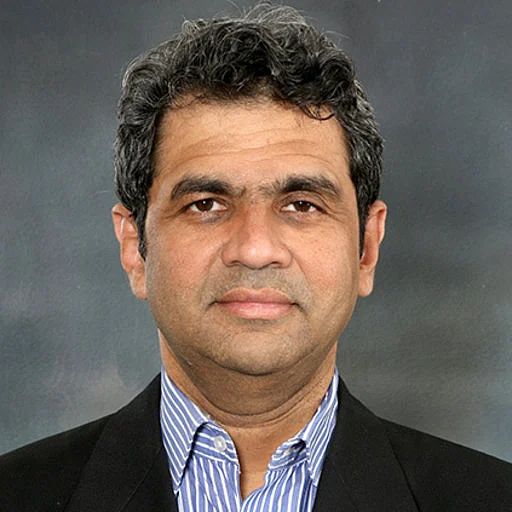
Dr Jaideep Gogtay |
Other drugs such as Steroids and other immunomodulators such as bariticinib and tocilizumab are given to patients with moderate to severe COVID-19 patients who are hospitalised and require oxygen support and have significant inflammation in the lungs accompanied by increased immune activation. Recently another antiviral drug Molnupiravir has been approved for restricted use by the Indian regulatory agency in patients who do not need supplemental oxygen and are at high risk of developing severe disease.
2. How does monoclonal antibody work in covid patients? How effective is it?
Casirivimab and Imdevimab are human immunoglobulin G-1 (IgG1) monoclonal antibodies produced by recombinant DNA technology. Casirivimab and Imdevimab are monoclonal antibodies specifically directed against the spike protein of SARS-CoV-2, and designed to block the virus’ attachment and entry into human cells. Two distinct antibodies bind non-competitively to the COVID-19 virus-cell surface and prevent the virus from infecting healthy cells.
The antibody cocktail is effective in reducing the requirement for hospitalisation by about 70 per cent in eligible patients who receive the drug within 10 days of onset of symptoms. As this drug can be given in patients even with chronic kidney disease, chronic liver disease, immunosuppressed individuals without significant side effects, this drug acts as a good alternative to other modalities of Covid treatment in eligible candidates.
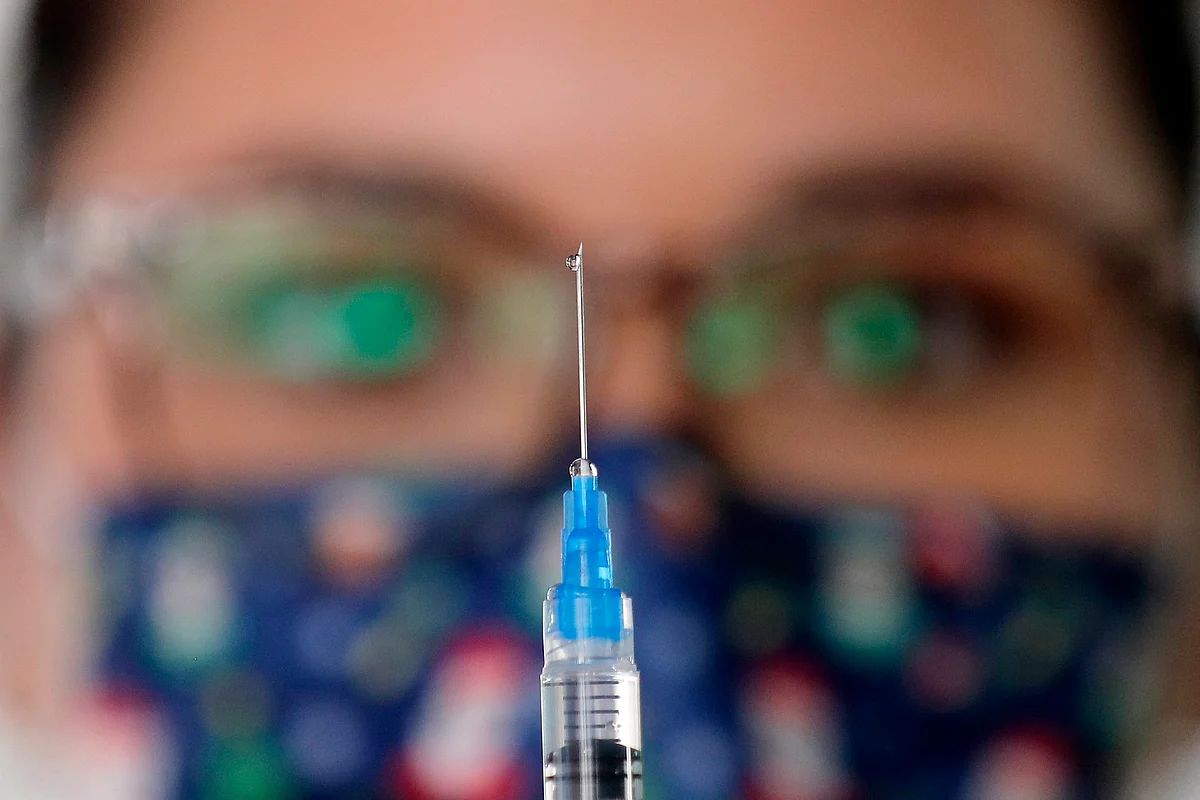
3. Which patients need to be administered monoclonal antibodies?
The Antibody Cocktail Therapy has been approved by the Indian regulatory authority, CDSCO for restricted emergency use in patients with mild to moderate COVID-19 symptoms in adults, children (12 years and above, weighing at least 40 kg, who are not hospitalised patients and do not require oxygen supplementation) and to the patients who are at high risk* of developing severe COVID-19 disease and do not require oxygen. The drug should be administered within 10 days of onset of the symptoms. Recently, the Indian Regulatory has also approved EUA for another indication of post-exposure prophylaxis wherein it also covers individuals aged 18 and older who were/are exposed to someone with the virus or who were/are exposed to the virus in an institutional setting (e.g., HCPs). To sum up, it means, people who are not fully vaccinated or who are vaccinated but are not expected to mount an adequate immune response to fight the virus can get the cocktail therapy. The therapy is important for those, who are at high risk for exposure to an individual infected with Covid.
High-risk patients are those of and over 60 years of age with co-morbidities like obesity, Type 1 or type 2 diabetes mellitus, or with chronic lung disease including asthma, or chronic kidney disease, including those on dialysis, or with severe cardiovascular, liver diseases, immune deficiencies, HIV (if poorly controlled or evidence of AIDS), sickle cell anaemia, thalassemia, and prolonged use of immune weakening medications.
4. What complications or side effects does a patient face after taking the monoclonal antibody?
No serious adverse effects have been reported in clinical trials, in some of the adverse events likely to occur are infusion-related side effects such as fever, rashes etc may occur. These were generally mild to moderate in severity, the severe hypersensitivity reaction such as anaphylaxis was rarely reported in trials.
5. Has the demand for monoclonal antibodies increased in pandemic? If yes, then in which wave? First, second or now?
Monoclonal antibody cocktail therapy was launched in May 2021 end in India and the demand was high during 2nd wave. With the recent surge in cases, yes, the demand for the antibody cocktail has gone up significantly in the last 10 days.
The limitations of this authorized use include:
1. Post-exposure prophylaxis with Casirivimab and Imdevimab is not a substitute for vaccination against COVID-19.
2. Casirivimab and Imdevimab is not authorized for pre-exposure prophylaxis for the prevention of COVID-19.
(The author is a Global Chief Medical Officer, Cipla Ltd)
